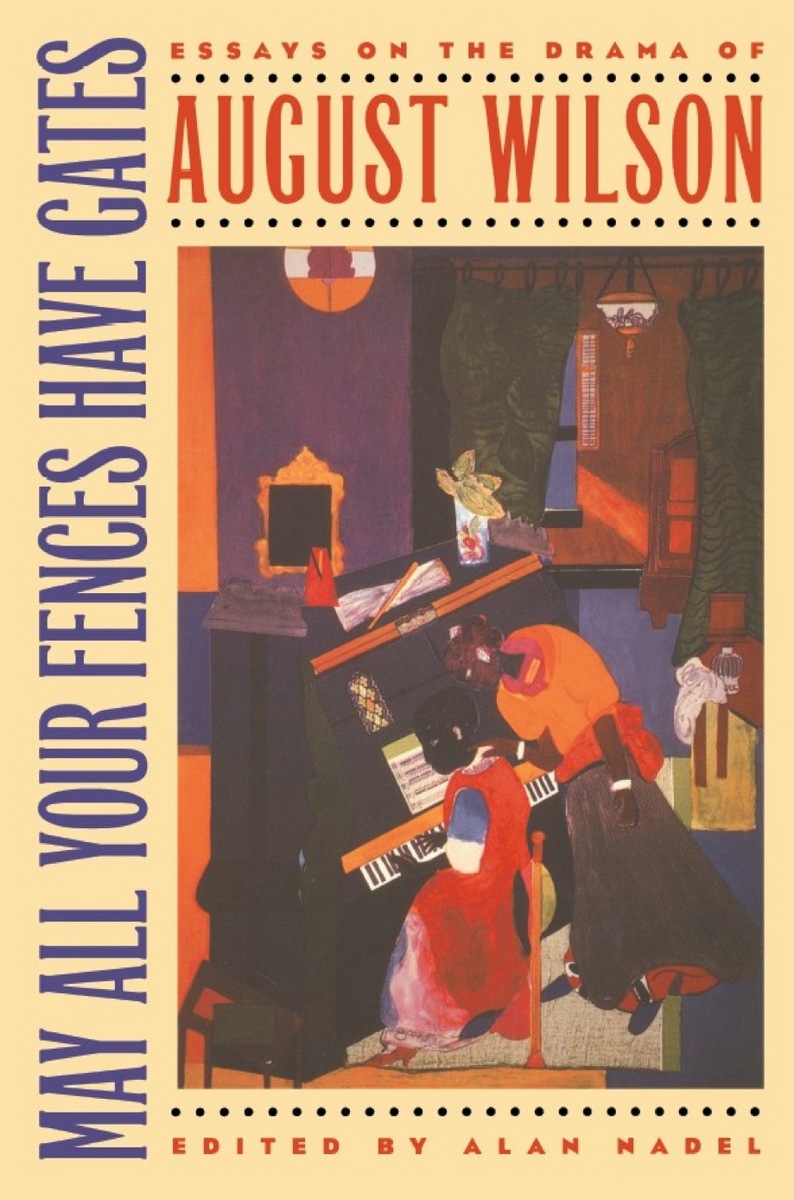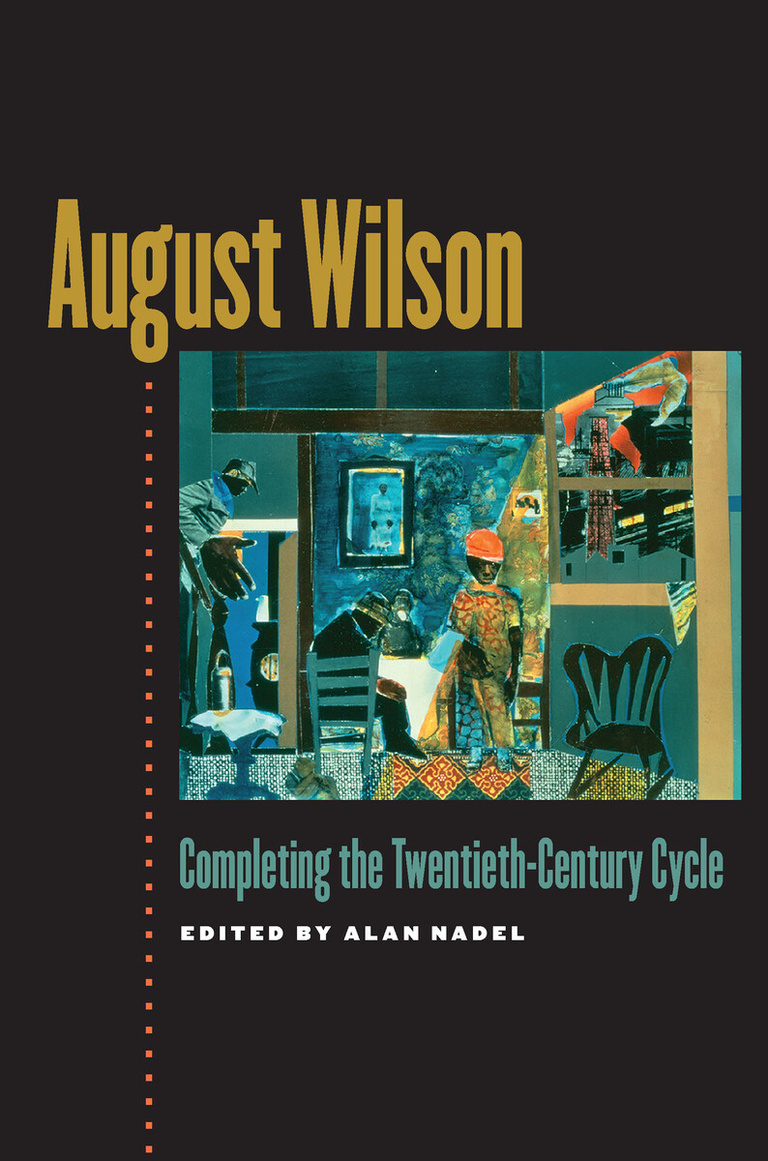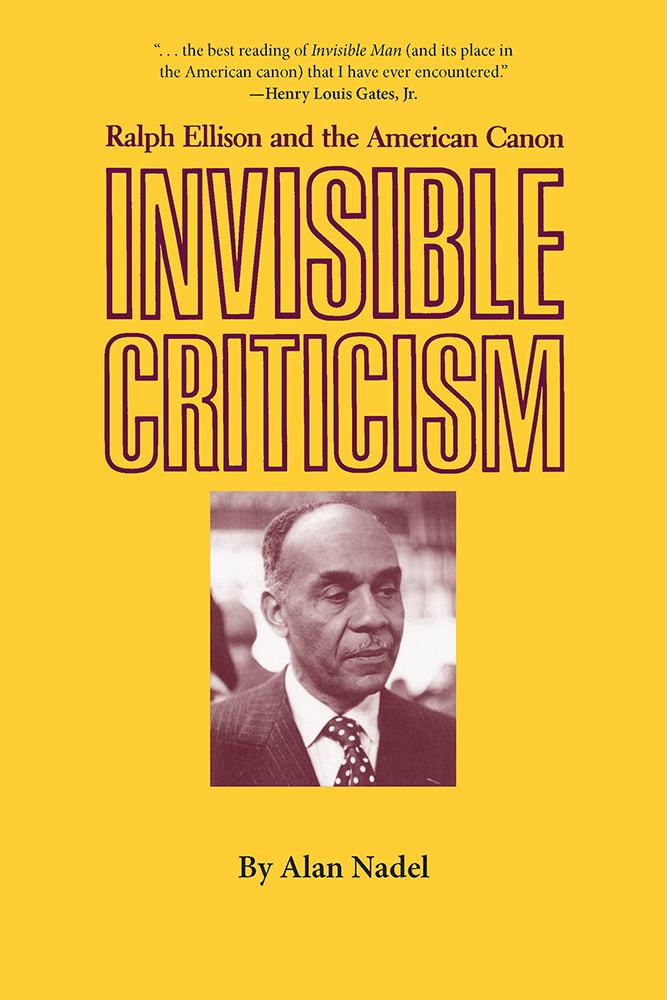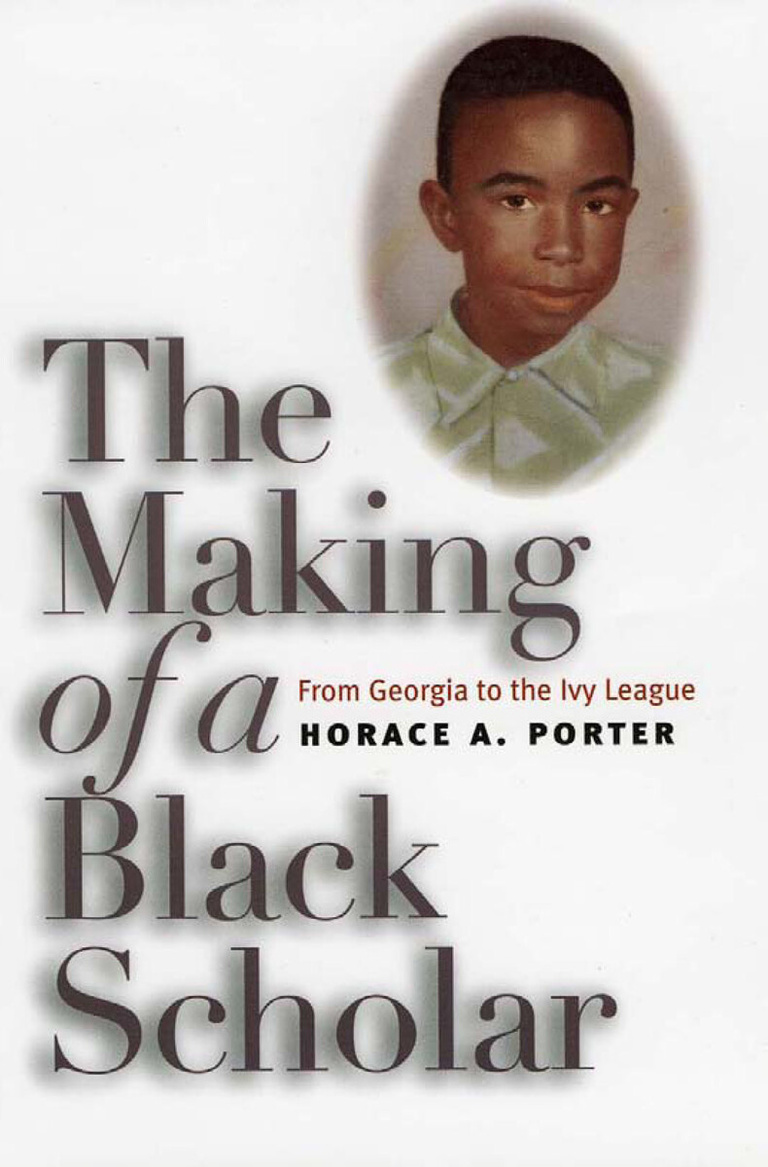Editor(s)
Season
Subject(s)
This stimulating collection of essays, the first comprehensive critical examination of the work of two-time Pulitzer Prize-winning playwright August Wilson, deals individually with his five major plays and also addresses issues crucial to Wilson's canon: the role of history, the relationship of African ritual to African American drama, gender relations in the African American community, music and cultural identity, the influence of Romare Bearden's collages, and the politics of drama. The collection includes essays by virtually all the scholars who have currently published on Wilson along with many established and newer scholars of drama and/or African American literature.
"Alan Nadel's collection of essays about the work of August Wilson is the definitive critical source on this great playwright's life and works. Covering the full range of Wilson's oeuvre, the collection's superb essays and comprehensive introduction make this book indispensable for teachers and students of both modern drama and African American studies."—Henry Louis Gates, Jr.
“The splendid essays Alan Nadel has gathered for this volume bring into focus the central problem—conflicted representations of African American historical and cultural experiences—of the most important playwright in the United States.”—Donald E. Pease
“This is a splendid and welcome new volume in theatre criticism. Although August Wilson is already widely written about and highly acclaimed by critics and theatregoers alike, this first collection of scholarly essays devoted to the present corpus of his ongoing work makes an unparalleled statement of his significance to the field. In the variety of their responses to the works, united only in the seriousness they bring to the project and the respect each of these contributors has for the author’s art, Professor Nadel has given us a work that makes an exciting and long-lasting contribution to American and African American theatre history and criticism.”—Nellie McKay
“Alan Nadel’s carefully orchestrated collection of essays on the riveting world of August Wilson’s drama stakes a formidable claim to be the most sophisticated and widest-ranging critical exploration to date of the work of any single African American playwright. It offers us a kaleidoscopic perspective on Wilson’s imposing cycle of imaginative confrontations with the dramatic possibilities of twentieth-century African American history and metahistory, seen here as refracted through the rhythms of the visual arts, blues, and jazz; through the political and psychic territory bounding and binding American cultures; through the lessons of gender, the poetry of vernacular rhetoric, and the ongoing dialect of sensibility between classical and counterclassical performance traditions.”—John S. Wright



